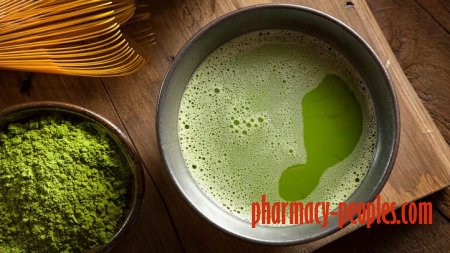It’s time to start listening to your body. Help avoid serious complications of type 2 diabetes by knowing the warning signs.
Blood sugar that’s consistently out of whack increases your risk of health problems throughout your body, including your heart, blood vessels, eyes, kidneys, and nerves. Resulting complications could lead to disabling, even life-threatening, conditions — and that’s why, if you have type 2 diabetes, practicing good diabetes management and maintaining blood sugar control is a must.
Being aware of possible complications and their symptoms is one of the first steps to successfully managing diabetes, says Gerald Bernstein, MD, director of the diabetes management program at Mount Sinai Beth Israel Hospital in New York City. Educating yourself may help you delay or prevent complications from happening.
Start here, by reading about seven signs of diabetes complications that should never be ignored.
Green tea doesn’t contain added sugar, is naturally calorie-free when enjoyed plain from the bag, and is a nutritional powerhouse — all of which makes it a great beverage to add to your diabetes diet.
By now, you’ve probably heard about the wonders that green tea can do for a body. Researchers have studied this nutritional powerhouse’s potential role in boosting heart health, fighting infection, and even improving brain function, a review published in Chinese Medicine suggests. But does the beverage also have a place in a type 2 diabetes diet? Turns out, it can.



